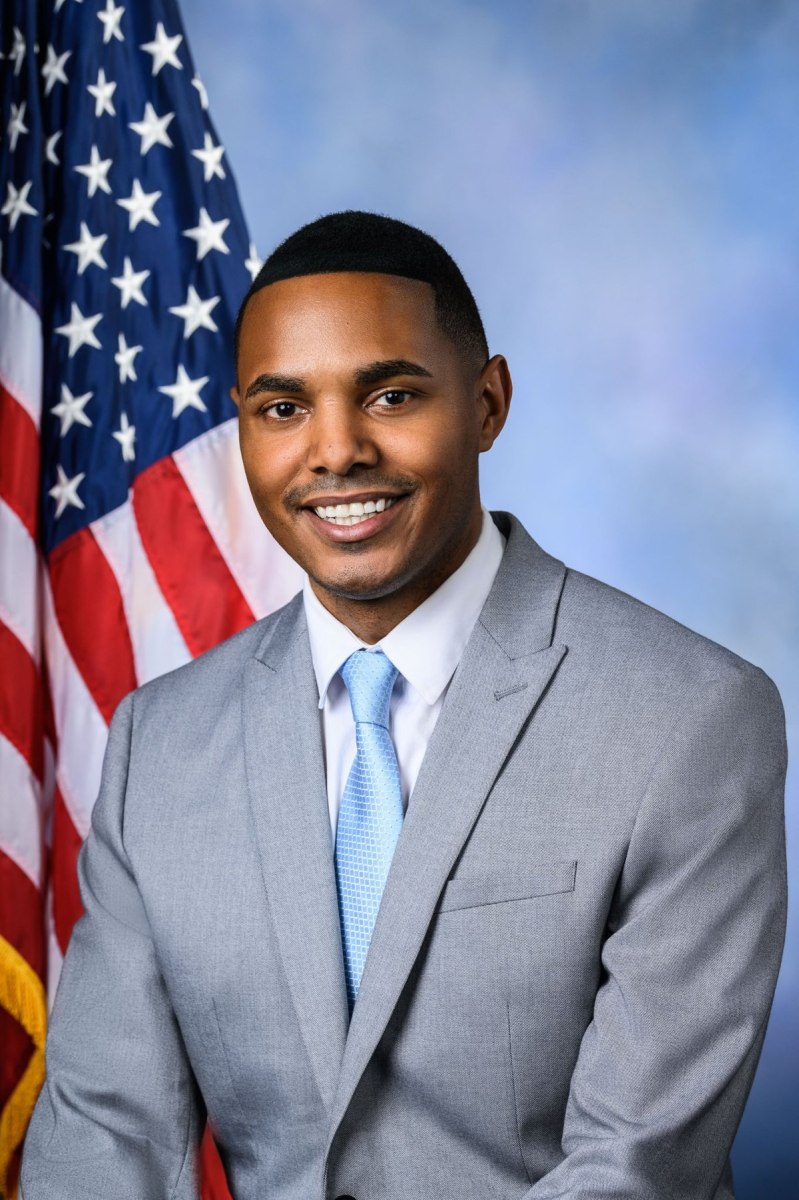Guests looking for a religious experience in their hotel stay can now reserve a room at the General Theological Seminary, as the city recently approved the spiritual center’s controversial bid to operate a commercial inn on the Chelsea property.
The Department of Buildings issued a temporary certificate of occupancy on Nov. 20 allowing the seminary’s Desmond Tutu Center to rent its 60 rooms to the public after years of wrangling between GTS and the community over the plan.
GTS has long claimed that permitting the public to stay at the hotel is essential to funding the otherwise nonprofit Episcopalian institution.
“We want word to get out,” said David Lowry, director of the Tutu Center, which is located on 10th Ave. at 22nd St., noting that “we’re still committed to running it substantially as a conference center.”
Under a restrictive declaration granted by the city in 2005, the Tutu Center received permission to only book guests who were attending events at the 10th Ave. conference center or who had some affiliation with the Episcopal Church. But despite the limited use that forbade stays by the general public, GTS actively rented rooms to unaffiliated guests and booked visitors through an outside travel agency, as well as advertising the hotel online and in print.
The practice angered many neighborhood advocates fearful over the possible influx of traffic in the area around GTS, which lies in the Chelsea Historic District. But now, more significantly, they are worried about the precedent set by allowing nonprofit institutions to run commercial hotels on their properties.
“Our initial reaction was we were absolutely flabbergasted,” said Mary Swartz, head of the watchdog group Save Chelsea, of the city’s decision to permit hotel use without informing the community of the decision. “Neither the Department of Buildings nor GTS nor the Tutu Center has been up front with us about what they were doing.”
According to Lowry, the city originally deemed the seminary and adjoining conference center one contiguous property under the zoning, which prohibits hotel use for structures more than 36,000 total square feet. GTS discovered only after filing for permits to renovate the Tutu Center—which includes classrooms, conference rooms and a refectory—that the hotel could be split off as a separate entity, thus allowing it to conform to the area’s zoning guidelines. With this knowledge, the seminary simply reapplied the hotel for a certificate of occupancy that would permit the use inside the 31,000-square-foot space.
“There were a whole bunch of things we had to do to make it conformable to the codes for a hotel, which were more stringent than for a conference center,” Lowry said, explaining that hotels are allowed under the zoning if they exist within 100 feet of the property line on Ninth and 10th Aves. He added that “if we had done our homework a little bit better… there would have never have been a restrictive declaration, because this is according to the zoning regulations.”
Still, close observers perceived the action as being conducted furtively on the part of GTS and the city.
In late August, a group of local elected officials signed a letter addressed to the Department of Buildings, the Mayor’s Office of Special Enforcement and the Department of Finance inquiring about the status of the seminary’s request for hotel use. According to City Council Speaker Christine Quinn and State Sen. Thomas Duane—who signed the letter along with Congressmember Jerrold Nadler, Assemblymember Richard Gottfried and Manhattan Borough President Scott Stringer—they never got an answer.
“I demand to know why there has still been no response to the August 27 letter, and yet GTS’s application to amend its restrictive declaration has not only been approved but also received that approval on August 18, more than three months ago,” Duane wrote in a Nov. 25 follow-up to all three agencies, citing his “extreme outrage” with the process. “I fail to understand how this could have occurred. Further, I expect all of you to immediately provide me and the other elected officials who wrote you in August with all relevant documents regarding this extremely important issue, and an explanation of the administration’s regrettable handling of this matter.”
The Mayor’s Office of Special Enforcement inspected the Tutu Center last year amid allegations of improper hotel operation and discovered that the rooms were being rented illegally, which resulted in the DOB issuing four violations and a criminal court summons. Meanwhile, advertisements and reviews of the hotel continued to pop up online, and guests still had the ability to book a room through a participating travel agency.
“There was a very good faith effort [to make sure] that everybody who stayed there had some affiliation with the conference center,” Lowry said. “That was never the intention, to go behind the rules and regulations.”
For the parties who monitored the seminary’s activity and maintained regular communication with its staff regarding the hotel effort through the years, the lack of information leading up to the surprise designation proved disconcerting.
“The whole thing has been done so under the table,” Swartz said. “All of this has just been done so weirdly. It makes it suspect.”
She noted that the decision could provide justification for other nonprofits to seek commercial uses. “It does seem to set a difficult precedent of nonprofits agreeing to one thing in order to build a certain thing on their property, and then changing their status to commercial,” Swartz added.
Quinn and Stringer also took the city to task for keeping elected officials the in the dark in recent months, releasing similar statements this week expressing concern over the ruling. “The fact that an approval was granted and a response to our concerns and those of the community were not answered is troubling,” Quinn said. Stringer added he wants “the city to explain how this approval happened, and answer the questions we previously sent.”
Swartz also wondered how the change would affect GTS’s finances, as the seminary receives a property-tax exemption because of its status as an educational institution.
Lowry responded that since the 31,000 square feet of guest rooms will now operate commercially, “we will be paying all the taxes that haven’t been paid when it was a nonprofit use.”
Additionally, attorney Steve Shore—a Save Chelsea member who led the fight against GTS’s proposal to build a 17-story residential building on Ninth Ave.—said his assessment of the property shows that the hotel might not in fact lie within 100 feet of the property line on 10th Ave. In conversations he’s had with the Department of Buildings, agency representatives have yet to provide Shore with concrete answers to his questions, including whether or not the decision can be appealed.
“There are several things, and I haven’t reached a definitive conclusion,” he said, adding that his law firm would file an appeal on behalf of Save Chelsea if the group needs to act quickly. “There are a number of things that have raised concerns, and we’re looking into them.”
A spokesperson from the DOB confirmed that an audit of the approval is ongoing.


































